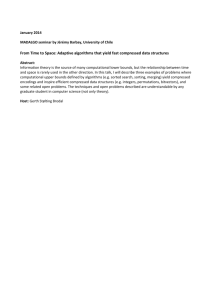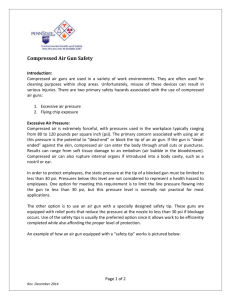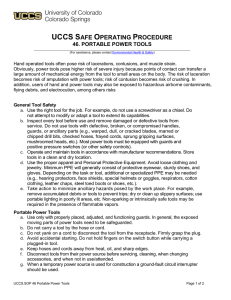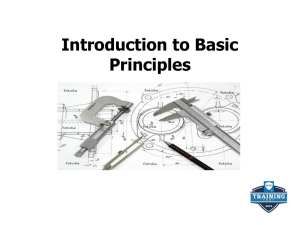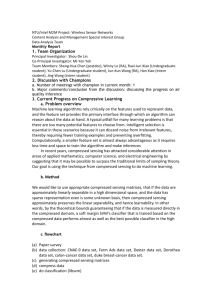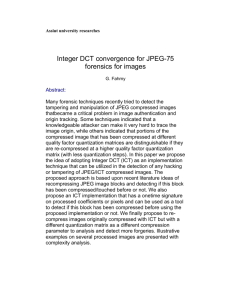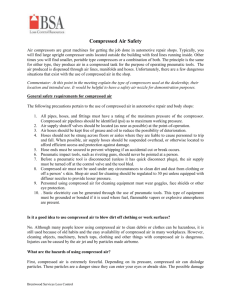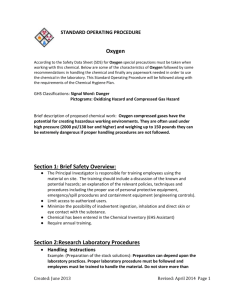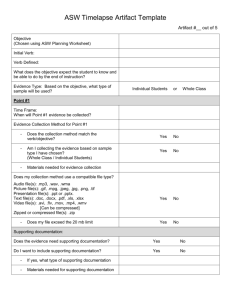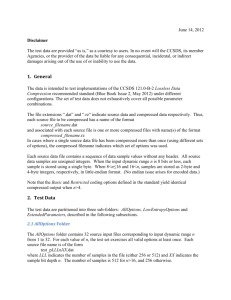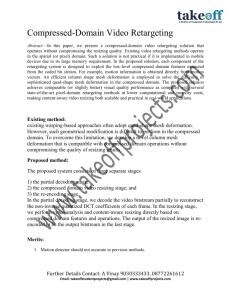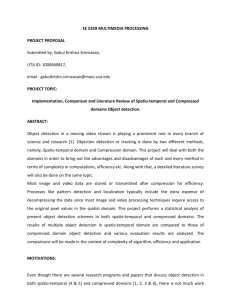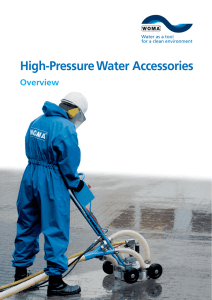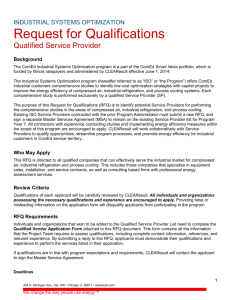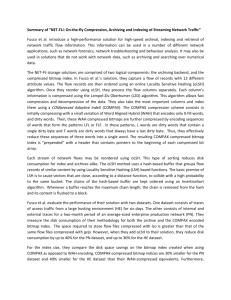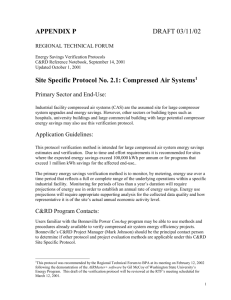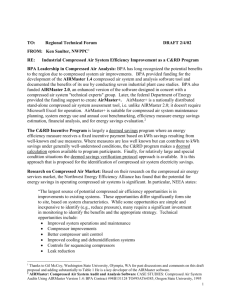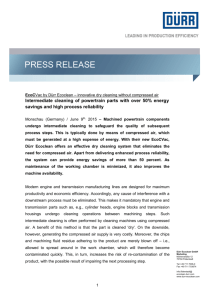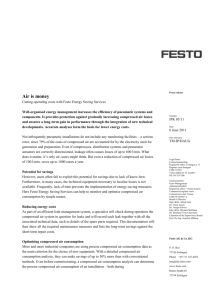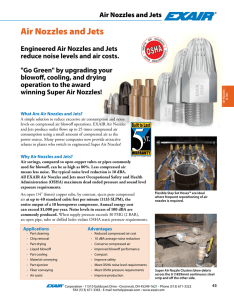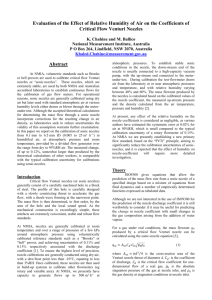Compressed Air Safety
advertisement
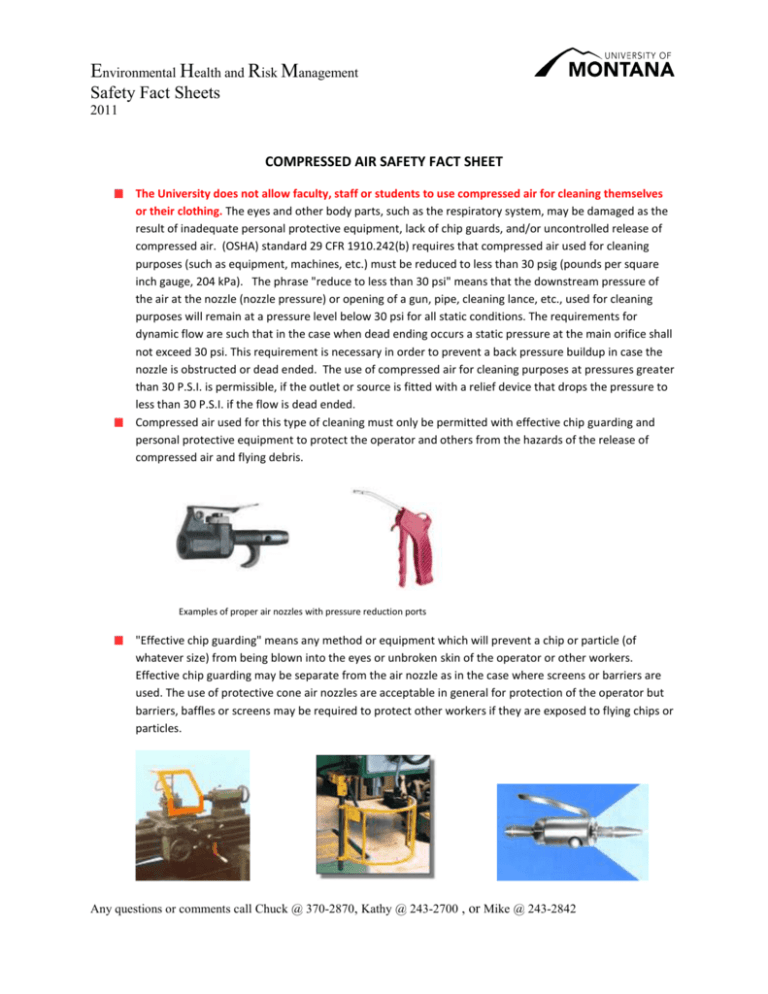
Environmental Health and Risk Management Safety Fact Sheets 2011 COMPRESSED AIR SAFETY FACT SHEET The University does not allow faculty, staff or students to use compressed air for cleaning themselves or their clothing. The eyes and other body parts, such as the respiratory system, may be damaged as the result of inadequate personal protective equipment, lack of chip guards, and/or uncontrolled release of compressed air. (OSHA) standard 29 CFR 1910.242(b) requires that compressed air used for cleaning purposes (such as equipment, machines, etc.) must be reduced to less than 30 psig (pounds per square inch gauge, 204 kPa). The phrase "reduce to less than 30 psi" means that the downstream pressure of the air at the nozzle (nozzle pressure) or opening of a gun, pipe, cleaning lance, etc., used for cleaning purposes will remain at a pressure level below 30 psi for all static conditions. The requirements for dynamic flow are such that in the case when dead ending occurs a static pressure at the main orifice shall not exceed 30 psi. This requirement is necessary in order to prevent a back pressure buildup in case the nozzle is obstructed or dead ended. The use of compressed air for cleaning purposes at pressures greater than 30 P.S.I. is permissible, if the outlet or source is fitted with a relief device that drops the pressure to less than 30 P.S.I. if the flow is dead ended. Compressed air used for this type of cleaning must only be permitted with effective chip guarding and personal protective equipment to protect the operator and others from the hazards of the release of compressed air and flying debris. Examples of proper air nozzles with pressure reduction ports "Effective chip guarding" means any method or equipment which will prevent a chip or particle (of whatever size) from being blown into the eyes or unbroken skin of the operator or other workers. Effective chip guarding may be separate from the air nozzle as in the case where screens or barriers are used. The use of protective cone air nozzles are acceptable in general for protection of the operator but barriers, baffles or screens may be required to protect other workers if they are exposed to flying chips or particles. Any questions or comments call Chuck @ 370-2870, Kathy @ 243-2700 , or Mike @ 243-2842
